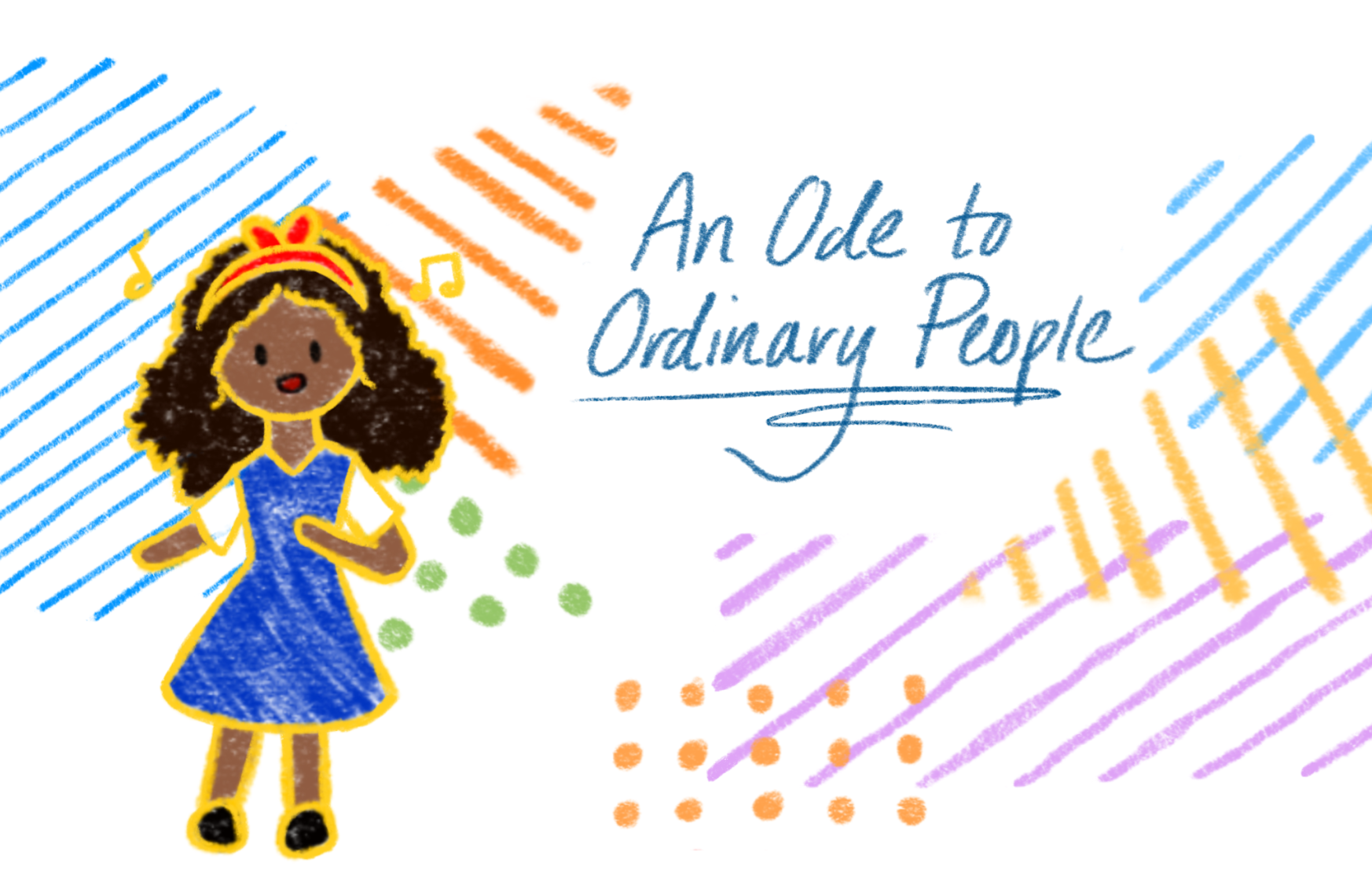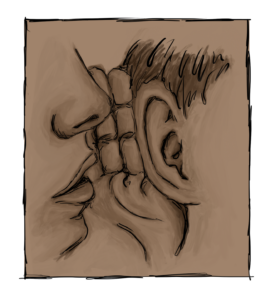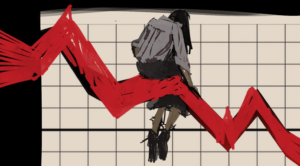Last summer, I attended the Boston Latin School’s production of Matilda: The Musical, and the day after that I drove past a skatepark somewhere that I’ve since forgotten. In the grand scheme of my summer months, neither of these were particularly noteworthy highlights. Regardless, these interactions sparked a brief sense of awe and appreciation for what we so often overlook.
While my involvement is certainly limited at best, neither the worlds of recreational theater nor skateboarding are entirely foreign to me. There was a point in my life when I sang and I knew how to warm up my vocal cords; sometimes I would post little snippets on my Instagram stories and I’d be quietly thrilled when I received praise. But I struggled with learning how to act as I sang, how to choose my note placement, and a slew of other technical things that my middle school theater days did not teach me. As such, during my senior year of high school, I unsuccessfully auditioned for my school’s cabaret troupe, marking my final failed attempt to crack the artistic boundary and join the world of organized theater. Theater is beautiful and artistic but simultaneously extremely difficult—it requires a precision that the audience doesn’t quite notice.
Skateboarding, similarly, is a deceptively onerous task, necessitating intense training and skill unseen by onlooking eyes. I was a tomboy growing up, and there was nothing I loved more than my skateboard (which I painted myself, might I add). I could guide myself down steep hills and successfully stop at the bottom and, wearing my polka-dotted helmet, I felt like I could conquer the world. Regardless, I tried and failed on countless occasions to learn how to do an ollie, the most elementary trick off of which most of the professional sport is built.
I find that there’s something really special about local theater performances and afternoons at the skatepark and similarly small and insignificant things. They’re the moments we forget about if we don’t think hard enough, but they contain a sense of wonder and whimsy, an appreciation for the ordinary and oft undervalued.
There are a million little high schools across the country and a million little theater departments and a million little students playing Matilda or Wednesday Addams or Jack Kelly, and the best part is, they’re good. The vast majority of them will end their theater careers when they graduate, but, at least for a while, their talents shine on the stage. These students aren’t the one-in-a-million miracle children that will make it to Broadway, but it doesn’t particularly matter because, for the time being, they can still make an audience smile or laugh or cry (or your other favorite verb).
Similarly, my brother’s favorite skatepark in Waltham is always packed with people maneuvering their way around concrete features and obstacles, bustling even as the sky keels over into deep navy blues. These people are no competition winners or X Games athletes. But, extraordinarily, these 20-something, rotating, random individuals can all kickflip and backslide down rails and drop into quarter pipes and complete what are objectively difficult tasks. And so can the attendees of the skatepark in the next town over. And the next one. And the next one.
As college students, we no longer find the same enthusiasm for hobbies we deem amateur or unproductive. We’ve created a culture that is so focused on hyperproductivity and upward mobility that we no longer value the mediocre, instead believing that you must attempt to be the best at anything you’re tentatively skilled at. Parents enter their children into swaths of sports and classes when they’re younger, allowing them to dabble and dip their toes into just about anything. Yet, somewhere around fifth grade, activities begin to offer specialty tracks (I fell victim to the club soccer pipeline). These same children are consequently pigeonholed into seemingly innocuous quests to find something that “sticks,” something they may succeed in further down the line. Suddenly, they feel no desire to continue anything at which they don’t prove to be “special” and are later plagued by intense imposter syndrome when they compare themselves to peers.
This overachiever mentality is especially prevalent at Georgetown, where our extracurricular activities revolve almost entirely around developing future career skills. Notoriously competitive clubs from debate societies to cosplay venture capital firms have become an outlet for our “exceptional” talents—we seek professional spaces to further hone our abilities, ascending scaled-for-size corporate ladders and adding to our resumes as we do it. But isn’t college meant to be a time for exploration? A time to pull on threads and fall down rabbit holes and experiment with one-off niches?
Though we’ve convinced ourselves that it’s simply too late to take up new hobbies, we might just be afraid of failing at something. But we must conquer our fears of inadequacy. It’s okay to not immediately succeed, and there’s merit in struggling with something but choosing to immerse yourself anyway. Growth takes time, and we must give ourselves grace as we seek to learn, practice, and eventually improve. And even if you quite literally suck, do it anyway! Dance on an elevated surface even if you’re uncoordinated. Sing at a karaoke bar even if you’re desperately off-key. Pick up a tennis racket even if you’ve never played. Ability and enrichment don’t have to go hand-in-hand.
I think it’s exhilarating to watch someone love something for the sake of loving it. The vast majority of people aren’t professionals, nor do they receive substantial praise or recognition for fascinating, yet ultimately ordinary, talents. They don’t try to market their hobbies, instead embracing the important realization that it’s okay to just be okay at things. They stick with their passions because they love them and because they can. At the end of the day, all we can do is strive to be a little better than we were the day before.
There’s so much extraordinary in the ordinary that we don’t initially realize. But we should come to appreciate it just the same.





